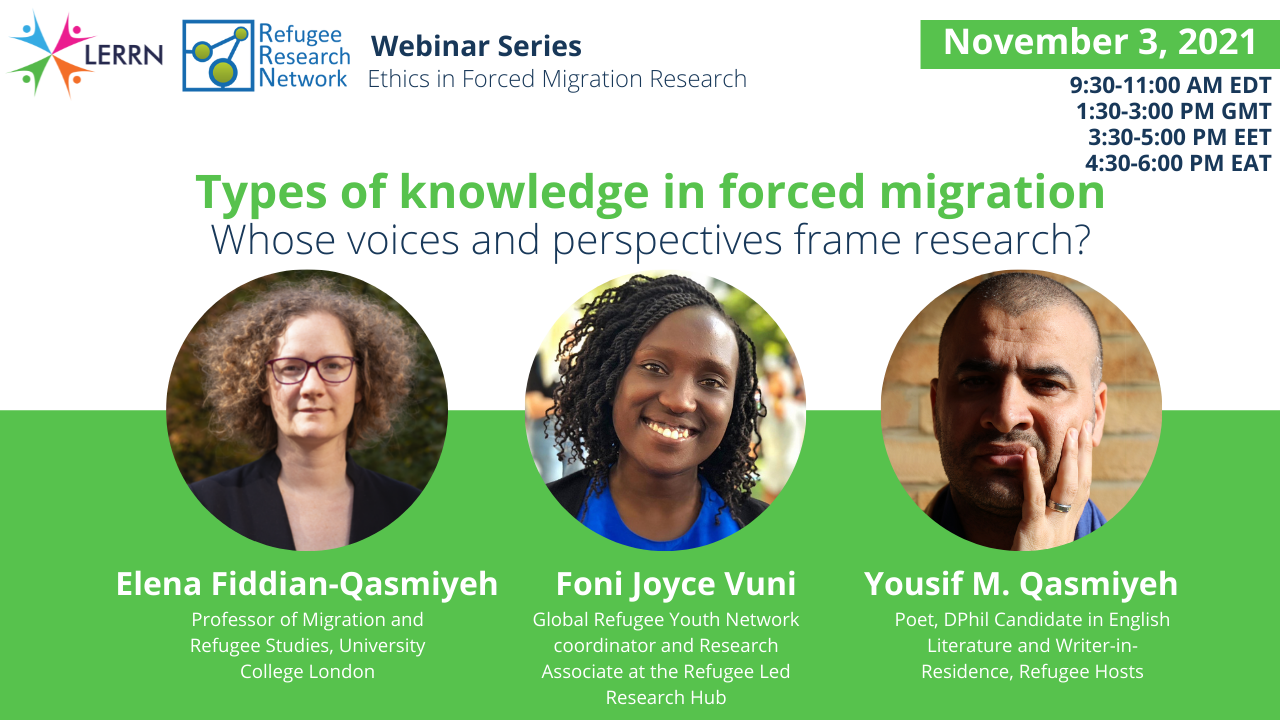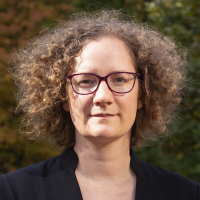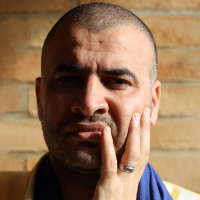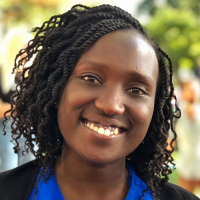Past Event! Note: this event has already taken place.
LERRN-RRN Webinar | Types of Knowledge in Forced Migration: Whose Voices and Perspectives Frame Research?
November 3, 2021 at 9:30 AM to 11:00 AM
| Key Contact: | LERRN |
| Contact Email: | lerrn@carleton.ca |
The “gold standard” of knowledge promoted by Western academia has been peer-reviewed journal articles in frequently cited journals. Yet this form of knowledge is not accessible to many people and communities, and it misses other forms of knowledge, like oral or artistic traditions, or knowledge in local languages. What “counts” as knowledge in forced migration? What are the forms of knowledge that various partners recognize as useful and influential in their sectors? What does successful research look like from alternative perspectives? How do different forms of knowledge speak to different goals and different contexts?
Panelists
Moderator
This is the first in a series of webinars co-hosted by the Local Engagement Refugee Research Network (LERRN) and the Refugee Research Network (RRN) on the ethics of forced migration research at various stages of the research process, from setting the agenda to sharing the research. With a growing understanding in the field of forced migration that it is important to do research differently, this series aims to build a community of practice of people dedicated to supporting ethical and relevant research on forced migration, and to share best practices on designing and conducting research. For event details, recordings, and post-webinar reports, click HERE.
 LERRN is a team of researchers and practitioners committed to promoting protection and solutions with and for refugees. The goal is to ensure that refugee research, policy and practice are shaped by a more inclusive, equitable and informed collective engagement of civil society.
LERRN is a team of researchers and practitioners committed to promoting protection and solutions with and for refugees. The goal is to ensure that refugee research, policy and practice are shaped by a more inclusive, equitable and informed collective engagement of civil society.
 RRN was created to mobilize and sustain a Canadian and international network of researchers and research centres committed to studying refugee and forced migration issues and to engaging policy makers and practitioners in finding solutions to the plight of refugees and displaced persons.
RRN was created to mobilize and sustain a Canadian and international network of researchers and research centres committed to studying refugee and forced migration issues and to engaging policy makers and practitioners in finding solutions to the plight of refugees and displaced persons.




